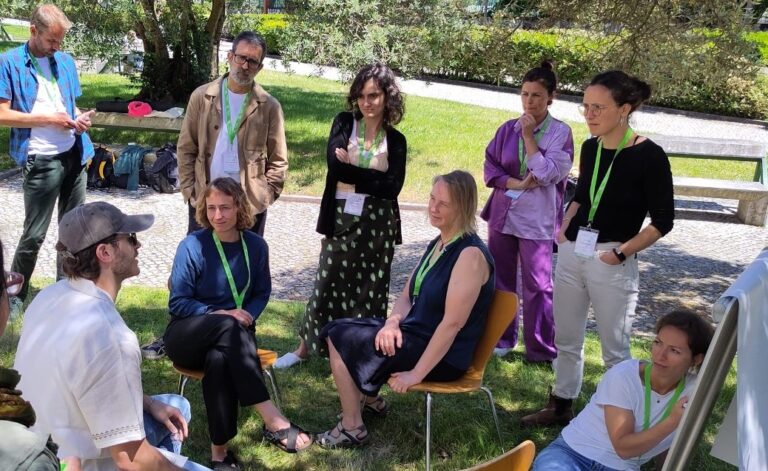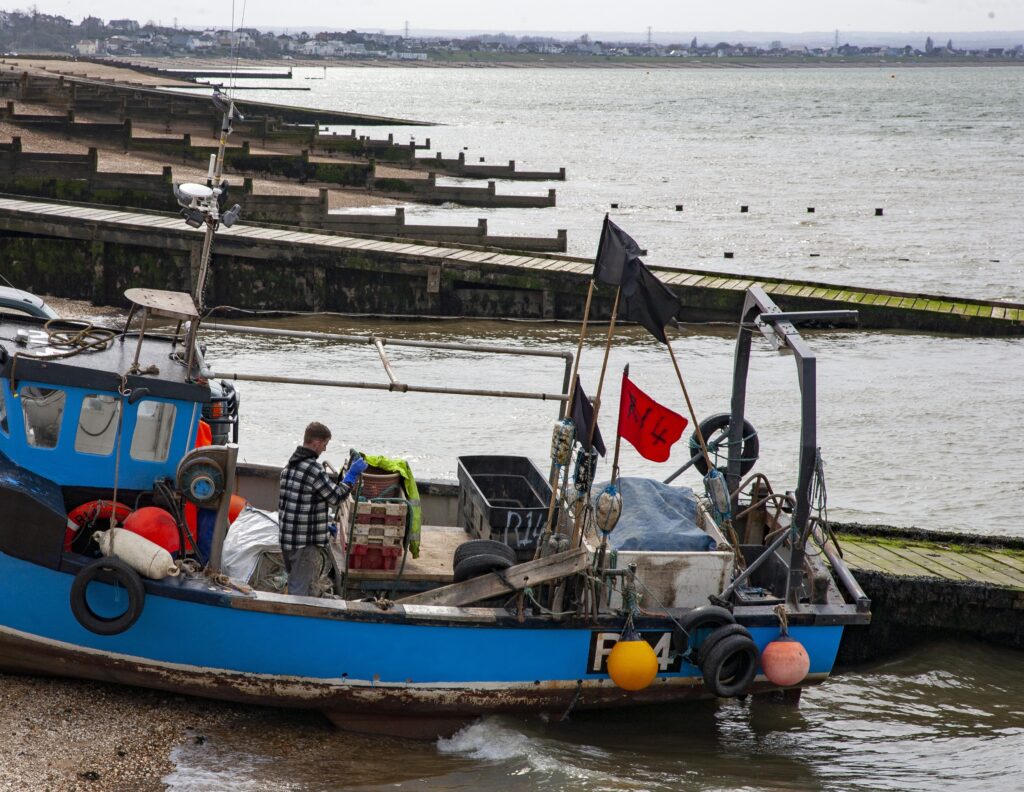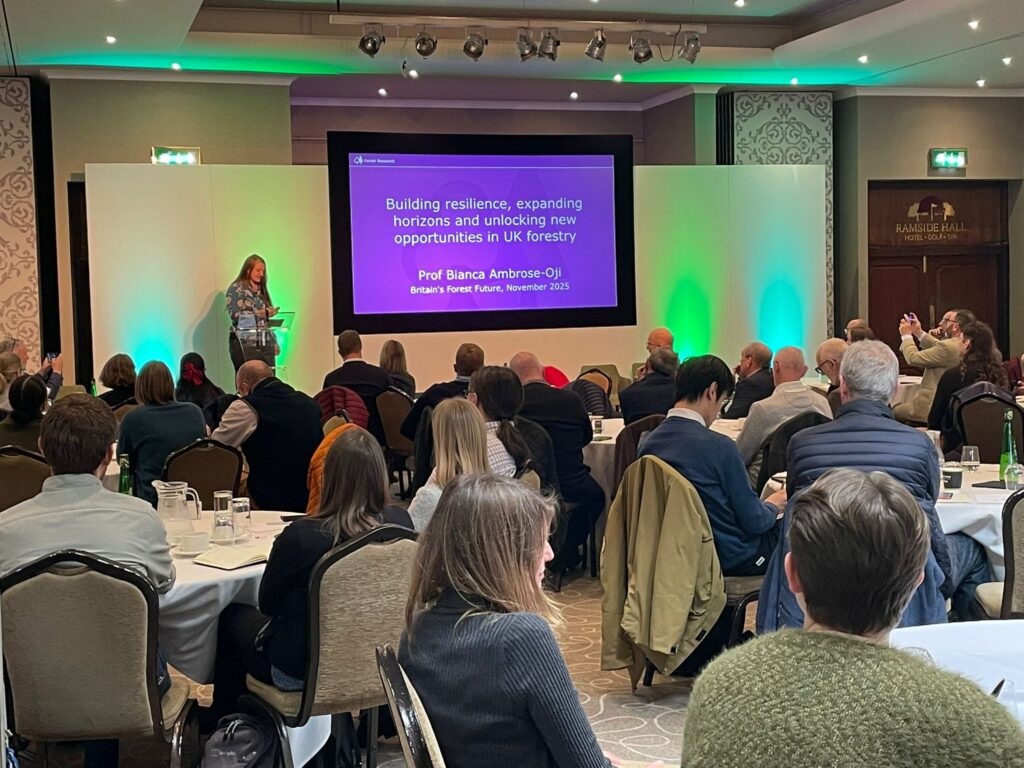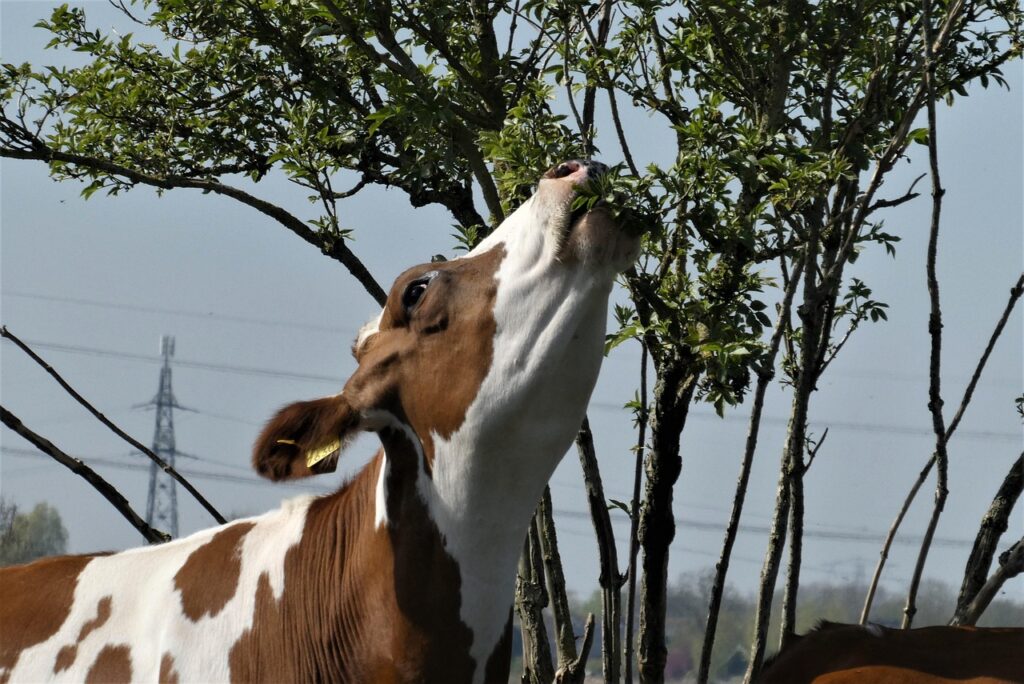In May, PhD student Josh Davis presented at the 2025 Alternet Conference in Aveiro, Portugal. Next month he will form part of a panel at the Groundswell Regenerative Agricultural Festival in Hertfordshire, England. The nature of Josh’s contributions to both of these events is intrinsically linked to his on-going research and he has written a short reflective piece as he prepares for Grounsdwell 25.
Last month, I had the pleasure of attending the 2025 Alternet Conference in Aveiro, Portugal. The conference, themed “Achieving Transformative Change for Biodiversity,” brought together an inspiring mix of researchers, policymakers, and practitioners, tackling the complex challenge of turning ambition into action for nature’s recovery — at scale, and across sectors.
Given my doctoral work at the Countryside and Community Research Institute (CCRI) focuses on the knowledge infrastructures and learning pathways to do just that, I was struck by how frequently skills, trust, and cross-boundary collaboration came up: not as side notes, but as central pillars in this enduring transition.
While the sessions spanned diverse contexts, several recurring themes resonated deeply with my work. Below, I’ve shared five key takeaways that feel especially important as we look to build capacity for transformative change, be it in nature recovery, land management, or further afield.
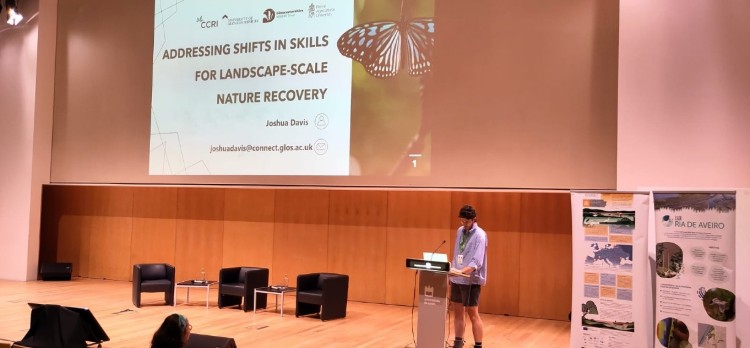
Change needs systemic support, not just individual action.
While innovation often starts at the margins, short-term projects can’t deliver long-term learning. In this way, we’re asking for system change without resourcing intermediaries. Rather, we need enduring infrastructures (institutions, policy environments, and funding models) that build and support adaptive capacity over time.
Trans-disciplinarity is far more than an academic ‘buzzword’ – it’s a skill set.
Navigating between science, policy, and practice- and building common ground between actors – is increasingly a core professional competency in biodiversity governance. This isn’t just about collaboration; it’s about cultivating shared language, mutual understanding, and the humility to work across knowledge systems.
Citizen science must go beyond data to dialogue.
When citizens are included and empowered as ‘co-creators’, not just as data collectors’, projects benefit from richer insights and greater legitimacy. This shift also seeks to rebalance the power dynamics of knowledge production, creating space for more inclusive and locally grounded action.
Innovative and immersive learning matters.
From artistic methods and inter-generational dialogue to narrative portraiture and place-based learning, immersive formats aren’t simple engagement tools or soft add-ons. Instead, they’re often the glue that holds participatory processes together: creating experiential connections that sustain long-term involvement.
Capacity is a condition for change.
From farmer clusters to national biodiversity strategies, success depends not just on tools and technical capacity, but also on relationships that foster legitimacy, trust, and help actors operate in uncertainty.
What’s next?
A central idea that underpins much of my work was reaffirmed throughout the discussions: skills do not develop in isolation. Transformative change for a resilient, future-facing land use system depends as much on individual expertise as on the infrastructure – formal, informal, and non-formal – through which knowledge is produced, exchanged, and acted upon.
I’m now in the early stages of shaping these reflections (alongside my broader agri-environmental skills typology) into a manuscript, drawing on interviews and case studies across England exploring how farmers, advisors, and other land-based professionals build capacity for nature recovery in practice.
If any of the themes above resonate with your work — or if you’re exploring similar transitions in other sectors — feel free to get in touch or directly at joshuadavis@connect.glos.ac.uk, or follow along from afar with ongoing work through CCRI, and at upcoming events like Groundswell (2025), where I’ll be on a panel with the Wildlife Trusts discussing these issues in greater detail.

